Why Dental Hygiene
Looking for a rewarding career with high demand?
Dental hygienists are health care professionals who detect, prevent and treat diseases of the mouth.
The dental hygienist works as a team member with dentists and dental assistants as well as work in public health settings. Dental hygienists are in great demand and the salaries are excellent.
Employment of dental hygienists is projected to grow 20 percent from 2016 to 2026, much faster than the average for all occupations. The demand for dental services will increase as the population ages and as research continues to link oral health to overall health.
Read success stories from former students
Scroll To:
Career Paths
Most dental hygienists work as oral health prevention specialists in a private dental practice. Others join the public health field. Some dental hygienists continue their education to become licensed as advanced practitioners who establish their own business. Dental hygienists work also as business representatives, dental hygiene educators, national speakers, dental researchers, oral health advocates, and entrepreneurs in dental hygiene product development.
For more information on dental hygiene careers, licensure, and accredited Dental Hygiene Programs, consult the American Dental Hygienists' Association.
Nicole H.
Growing up in China, Nicole H. didn’t give thought to the dental industry. In fact, she had no access to dental care or education in school or at home. The first time she had a cleaning was in Hong Kong in her twenties.
And now she works as a dental hygienist at Dientes Community Dental, a community dental clinic serving those on Medi-Cal or uninsured.
“Since I didn’t have access growing up, I have a soft spot for working with the underserved. I know firsthand that once you’ve been shown how to care for your teeth, you can start taking care of yourself,” says Nicole.
After moving to California from Hong Kong, Nicole worked as a Mandarin teacher and flight attendant. But she stopped working after her children were born due to the high cost of childcare. As they got closer to school age, she thought about what to do next that would bring fulfillment. She had always imagined helping people in one way or another.
“My mother-in-law told me about the dental hygiene program. The dental hygienists she had talked with loved their profession. It’s stable, has good hours for families, and there’s a good job market.”
Although Nicole has a B.S. in biochemistry, she had to start from scratch, taking two years to finish the pre-requisites while staying at home with the kids. She got through those easily, but the two-year dental hygiene program was intense.
“It was like the longest marathon I’ve ever done! But looking back, I’m very grateful for the program. I was very prepared for my first job and felt confident going in.”
After receiving her license, she got the job that she wanted. The job can be hard on the body, but she loves working there. There is a huge need for dental care in the county and her patients are grateful for the care provided, which makes the job easier.
Her advice to someone thinking of going into the program:
“Have a good support system. Work hard and keep a positive attitude. The teachers are there to help you. They might be hard on you but that’s due to high standards and their wanting you to succeed.”
Licensure/Nolo Contendere
The Dental Hygiene Board of California (DHBC) requires all applicants for the Registered Dental Hygienist Examination and Licensure divulge and explain any history of being convicted of, plead guilty, or plead nolo contendere to any criminal, offense, other than a minor traffic violation in any state, the United States, or a foreign country. Applicants must report any convictions or pleas of nolo contendere even if a subsequent order was issued which expunged or dismissed the criminal record.
Additionally, applicants must also divulge and explain the use of illegal controlled dangerous substances, provide the section of law violated, the nature and circumstances relating to the violation, the location and date of the violation, the penalty or disposition including a certified copy of the Judgment of conviction, and any evidence of rehabilitation.
Cabrillo College Dental Hygiene Program is accredited by the Commission of Dental Accreditation (CODA) and follows the guidelines of the Dental Hygiene Board of California (DHBC), the DH program's licensing body. Read about Licensure/Nolo Contendere.